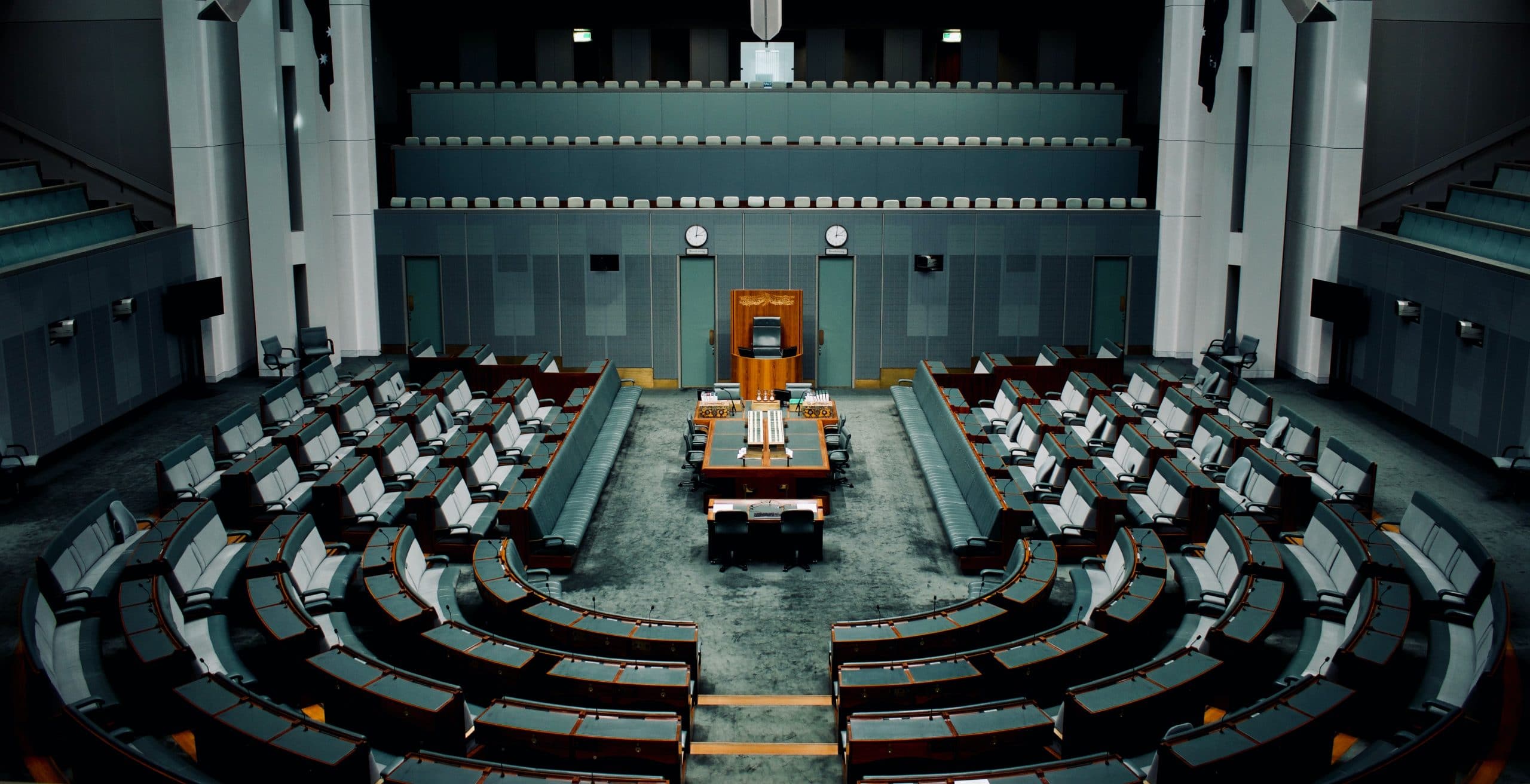Rule of Law
In order for a state to function, perform its duties and work towards its goals, to create and apply laws, resolve disputes, make plans, and build and maintain infrastructure, it needs people and institutions to bring it to life. Anyone who is tasked with performing state functions must be granted state powers. Public authorities must be able to order measures, take decisions affecting others, and provide a binding factual basis for these decisions (e.g. building roads, banning narcotics, levying fees, planning healthcare provision). Whenever people or institutions are granted state powers, there is a risk that these powers will be abused or will be used in an illegal, illegitimate or inefficient manner. The legal system must therefore also ensure that such powers are exercised in a lawful, legitimate and effective manner subject to restrictions and monitoring. The principles of the state of law serve this purpose.
The following paper will discuss eight principles of the state of law in more detail. These include the principle of the separation of powers, the obligation to disclose state action to the public, the prohibition of arbitrary treatment, and the provision of opportunities for individuals to lodge complaints concerning state action.
The following paper discusses eight principles of the rule of law in more detail. These include the principle of separation of powers, the obligation to disclose government action to the public, the prohibition of arbitrary action, and the creation of opportunities for individuals to bring actions against government action.

Power Sharing for a United Syria is a project run by the European Centre for Kurdish Studies. In Power Sharing for a United Syria, we work on three main pillars Capacity building and dialogue workshops, Policy advice, and Transparency.
In Power Sharing for a United Syria, we regularly organize workshops on constitutional law and the writing of a constitution with members of the Syrian opposition and Syrian civil society. On one hand, Our Advisory Board supports in particular members of the Small Group of the Constitutional Committee to anchor minority rights as an important part of human rights in the constitution. We want to build bridges between the different members of the opposition and representatives of civil society. Moreover, we want to support them in developing mutual positions regarding power-sharing, minority rights and women’s rights. On the other hand, in order to increase the transparency of the Syrian Constitutional Committee (SCC) and its work, we publish, among other things, video clips covering various topics related to the constitutional process.
This topic is discussed more in detail in our full article. Unfortunately, it is available only in German or Arabic.






